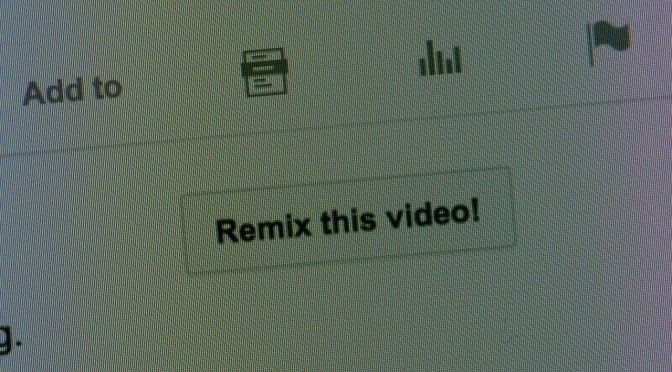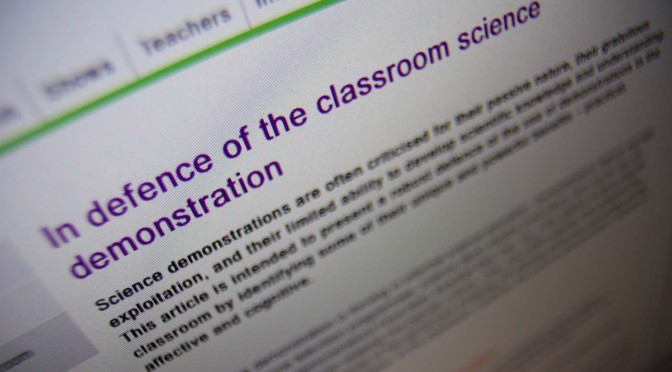Do you suffer from explanation anxiety?
Do you purposefully shy away from offering a full explanation of your demonstrations, concerned that you might mislead, miss out, or misplace? Are you tempted to leave the explanation until after the demonstration not because you think that would represent good pedagogy, but because you hope your audience will be so thrilled by the effect they’ll overlook any descriptive inadequacy on your part?
Don’t be ashamed! The first step in dealing with explanation anxiety is recognising that you have a problem. You’re amongst friends here. No braying students will laugh at your stumbles, no academic will pick holes in your mostly-right-but-a-bit-rusty-if-you-really-think-it-through models, no science communicator will roll their eyes and tell you they saw this done better at the Exploratorium.
Just honest, constructive peer criticism. Together, we can conquer your explanation anxiety, and help you become the demonstrator you always wanted to be!
— I’ve sat on this post for months, and have rewritten it several times. Ironically, I don’t think I’m explaining myself very well. Time to heed my own advice and publish first, think through completely second. All I know for sure is that when I’m writing, I feel a degree of tension building as I approach ‘the explanation.’
Is there such a thing as “Explanation anxiety”? Do you suffer from it? Comments below, please…



